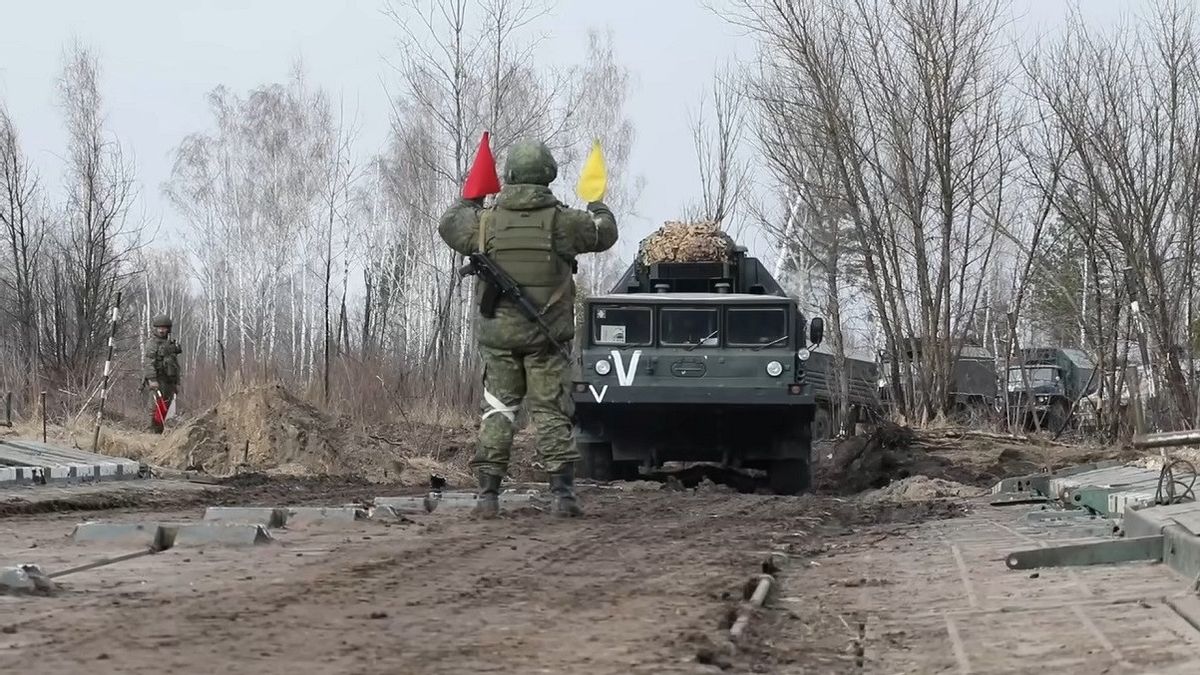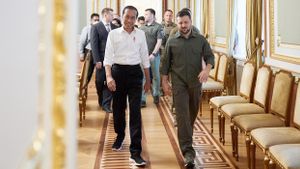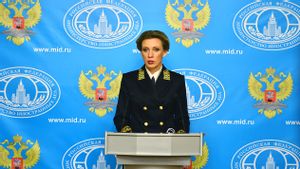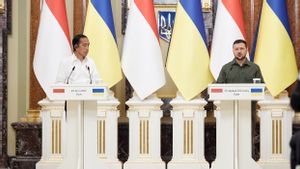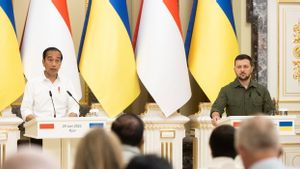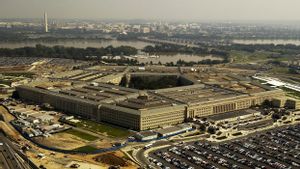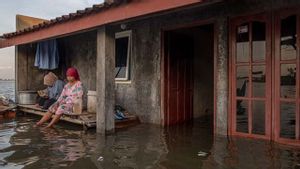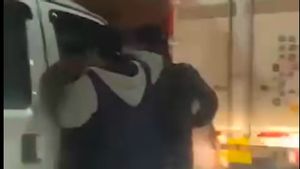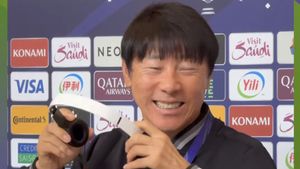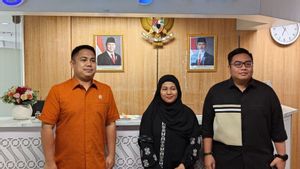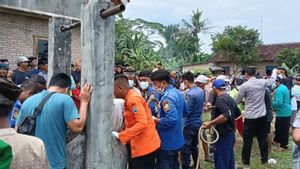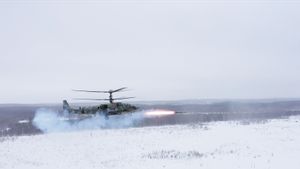JAKARTA - The head of US intelligence said Russian troops were exhausted from fighting, while President Vladimir Putin still wanted to seize large parts of Ukraine.
That was conveyed by Director of National Intelligence Avril Haines outlining the current US intelligence assessment of the four-month-old war, calling the consensus US spy agencies were that they would continue to work "for a long time."
"In short, the picture remains very bleak and Russia's stance towards the West is getting tougher," Haines said in a statement.
Ukrainian President Volodymyr Zelinsky this week told US President Joe Biden and other G7 leaders he hoped the war could end by the end of the year.
But Haines' comments suggest the billions of dollars in modern weapons supplied by the United States and other countries to Zelinsky's forces may not give them the ability to turn the tide against Russia any time soon.
He said President Putin remained intent on controlling large parts of Ukraine even though Ukrainian forces defeated a Russian attempt to seize the capital Kyiv in February, forcing Moscow to reduce its target of capturing the entire eastern Donbas region.
"We think he effectively has the same political goals that we had before, which is that he wants to control large parts of Ukraine," Haines said.
Russian troops, so exhausted by more than four months of fighting, are unlikely to be able to achieve Putin's goals any time soon, Haines said in his first public assessment of the war since May.

"We see a disconnect between Putin's short-term military goals in this area and his military capacity, a kind of mismatch between his ambitions and what the military can achieve," she said.
Haines said US intelligence agencies are looking at three scenarios in this regard, the most likely being a fierce conflict in which Russian forces "make additional gains, without difficulty."
Other scenarios include major Russian and Ukrainian breakthroughs successfully stabilizing the front while achieving small gains, perhaps near the Russian-held city of Kherson and other areas of southern Ukraine.
But this has cost Russia years to rebuild its military, Haines said.
"During this period, we anticipate they will rely more on asymmetrical tools at their disposal, such as cyberattacks, attempts to control energy, even nuclear weapons to try to manage and project power and influence globally," Haines said.
SEE ALSO:
"For the time being, it is unlikely that Russian forces will be able to carry out multiple simultaneous operations," Haines continued.
Putin's priority now, he said, is to make gains in the Donbas region and destroy Ukrainian troops, a development Russia says will "cause resistance from within to decline."
Haines' comments came after a summit of NATO leaders on Wednesday, calling Russia the greatest "direct threat" to the alliance's security and pledging to modernize Kyiv's forces, saying Russia stood behind their country's "heroic defense."
The English, Chinese, Japanese, Arabic, and French versions are automatically generated by the AI. So there may still be inaccuracies in translating, please always see Indonesian as our main language. (system supported by DigitalSiber.id)
